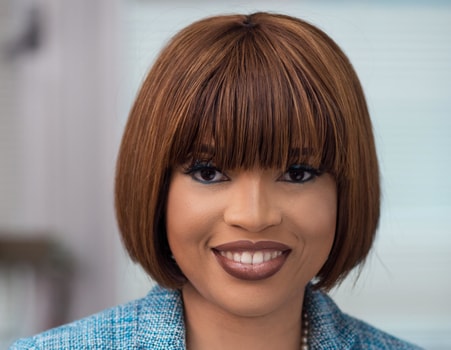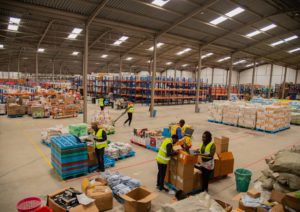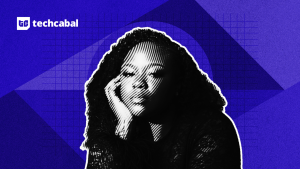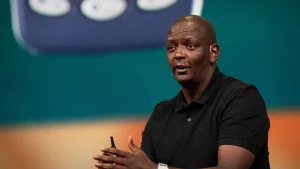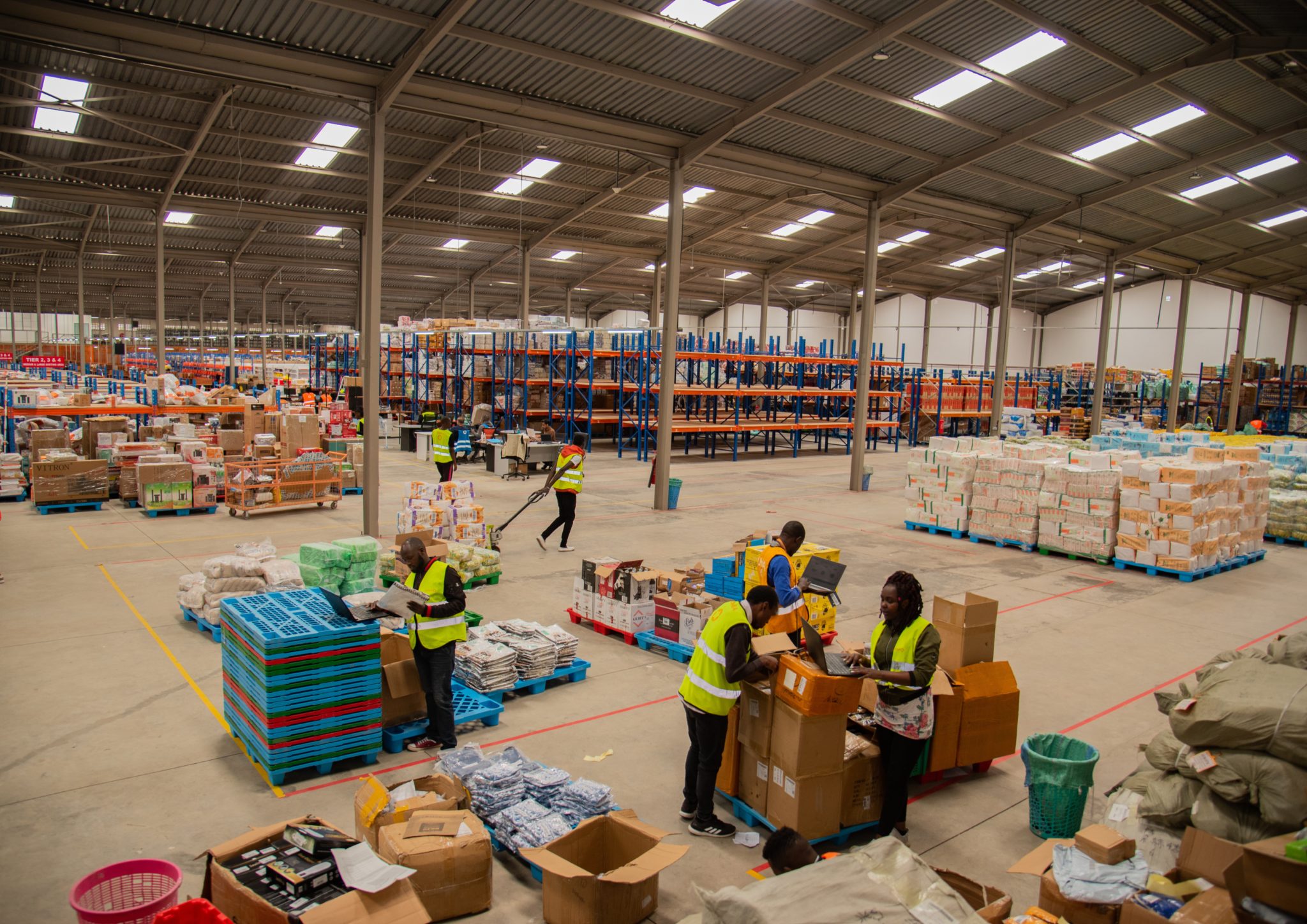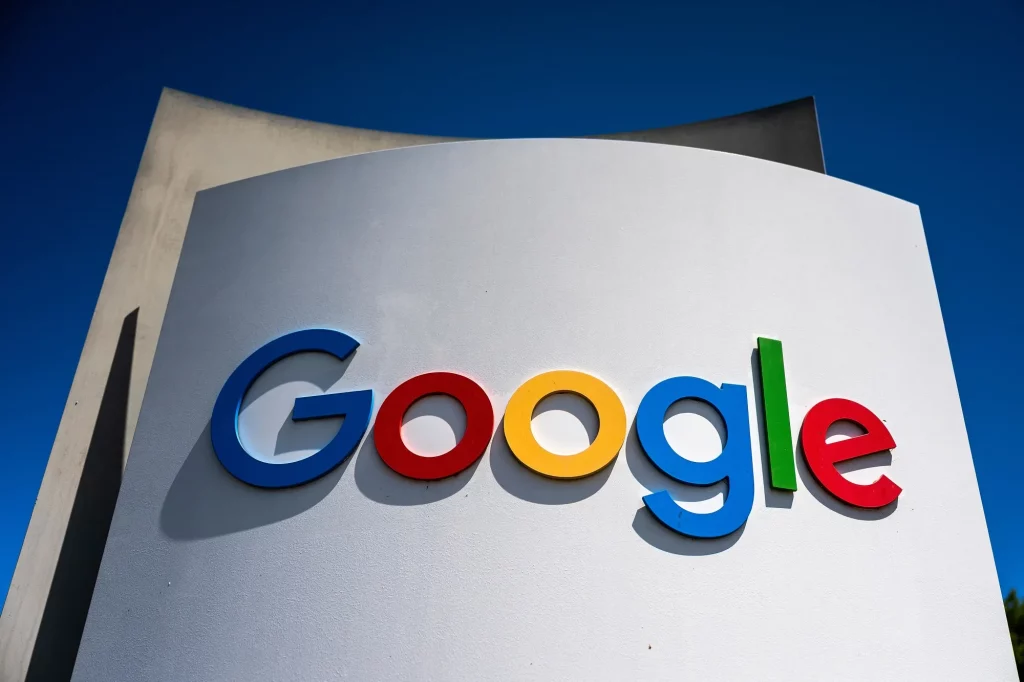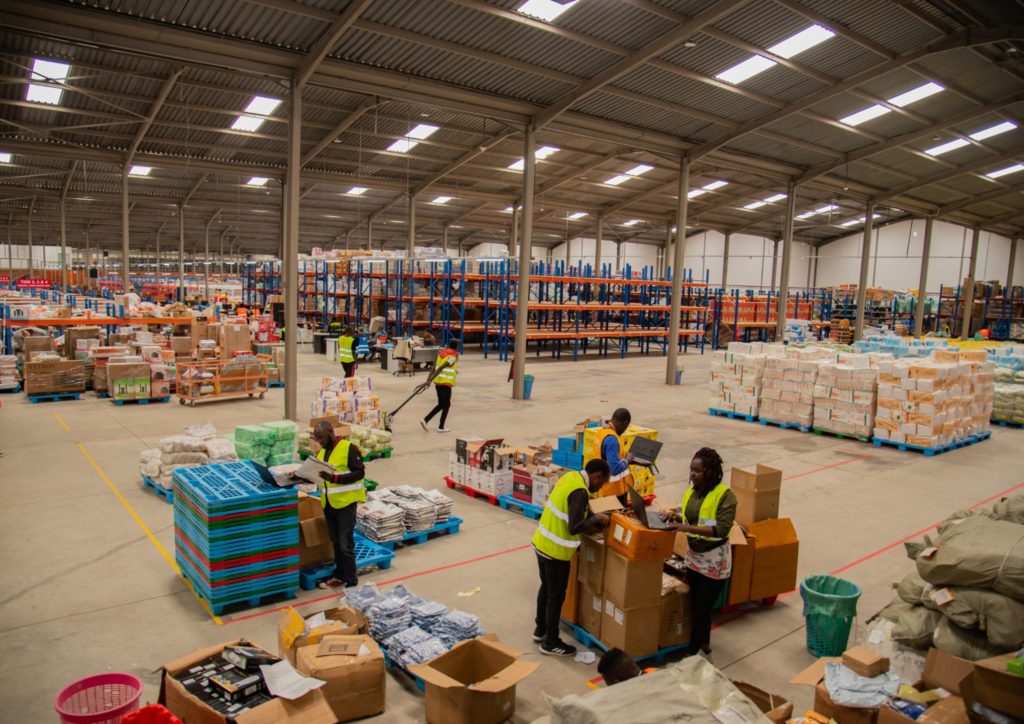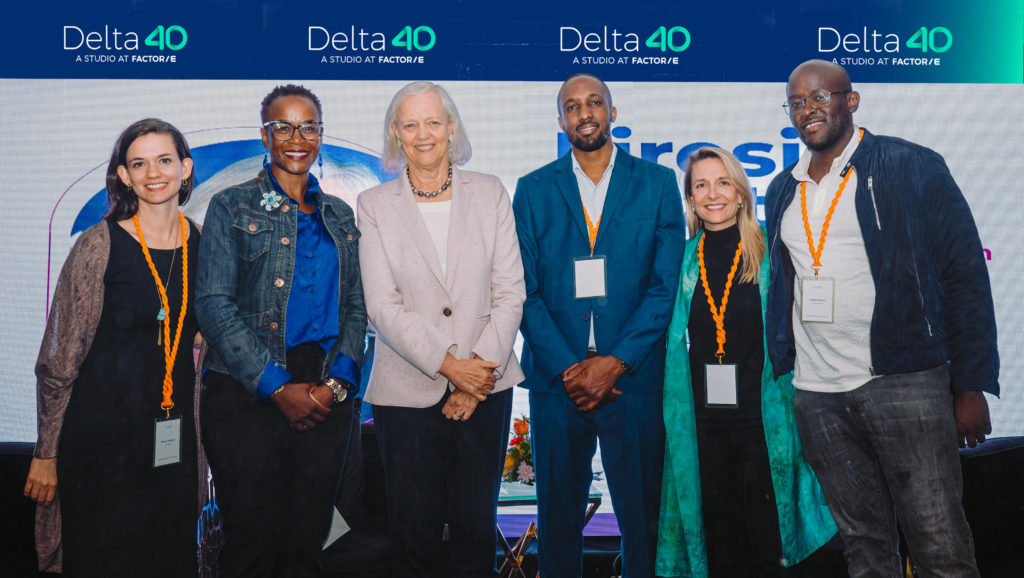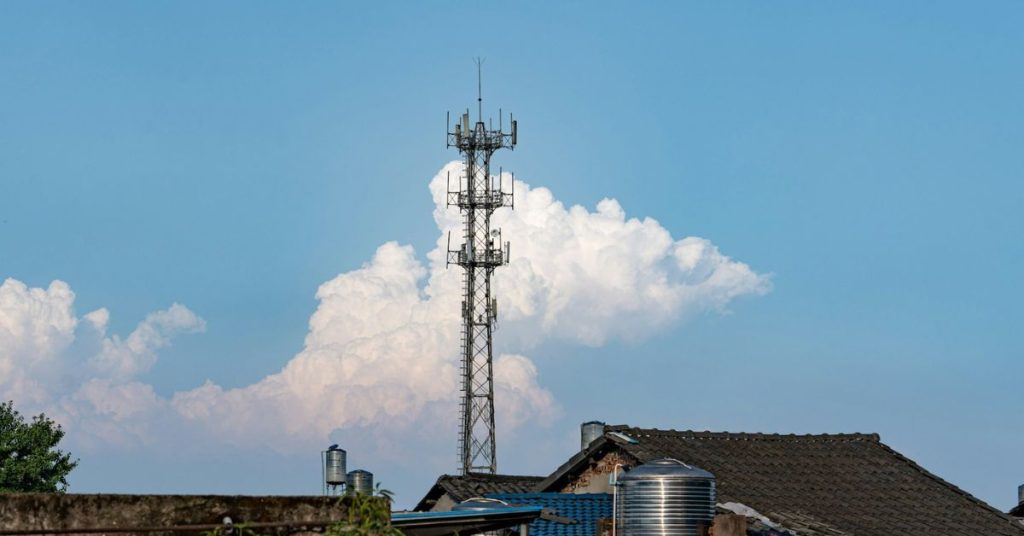As a Wall Street investment lawyer who has travelled across Africa to conduct due diligence on startups her investment firm was considering for funding, Efe Ukala found it surprising that she kept walking into offices of male-led businesses. Women dominated the local markets of the countries she visited, but in the corporate space, male-led businesses attracted more attention and funding from investors. This led her to look at the numbers in the firm she worked for. She discovered that of the $300 million invested, none had gone into a female-led business.
Concerned, she took a closer look at the pipeline and saw that a few women-led businesses did apply for funding, but they never made it through the final selection processes. She found out that the situation wasn’t unique to her firm; there are similar cases across the world.
Africa has more female entrepreneurs than anywhere else in the world, with women making up 58% of the continent’s self-employed population. However, a recent World Bank report shows that women entrepreneurs across sub-Saharan Africa continue to earn lower profits than men.
That is why Ukala founded ImpactHER in 2017. ImpactHER is an impact-driven non-profit organisation that seeks to bridge the gender gap inhibiting African women from scaling their businesses. These gaps are broad categories of the gender funding gap and the gender digital skills gap.
There is a $42 billion gender funding gap across Africa, and it is making the continent forfeit $92 million per year. In an interview with TechCabal, Efe Ukala asserted that her experience at the decision tables of investors put her in a unique position to understand and contribute to the solution of this problem.
The gender gap is a vicious cycle
After making notable progress with ImpactHer, Ukala was invited by the United Nations Development Programme (UNDP) for advice on how to improve women’s participation in the African Continental Free Trade Area (AfCFTA).
In the 2021 report published by the AfCFTA initiative, Ukala notes that the gender gap is being sustained by a vicious cycle. The cycle starts with institutional investors directing little to no funding or capital to women-led small and medium-sized enterprises (WSME) because most of them lack the prerequisite traditional requirements. Such requirements include business registration and consistent cash flow. Left without funding, informal WSMEs often remain unregistered as the registration demands fees and taxes which they cannot afford. This brings them right back to where they started—without access to capital (loans, grants, etc) and other business growth resources.
Asides from institutional funding, several African business women have been excluded from funding venues like accelerators. Women are drifting off the pipelines to opportunities because they do not have requirements which they lack due to the absence of funding.
There is indeed a plethora of financial products availed to WSMEs. Still, in our interview, Ukala asserted that these products do not consider the realities of the African women they are designed for. They make unrealistic demands that are out of the reach of the majority of African women— property collateral, high-interest rates, and access to financial education—things these women do not normally have because they could not afford them.
So far, ImpactHER has matched women in small and medium enterprises (WSMEs) to investors and helped them secure over $2,000,000 in institutional capital, and awarded them grants worth over $5,000 for their businesses.
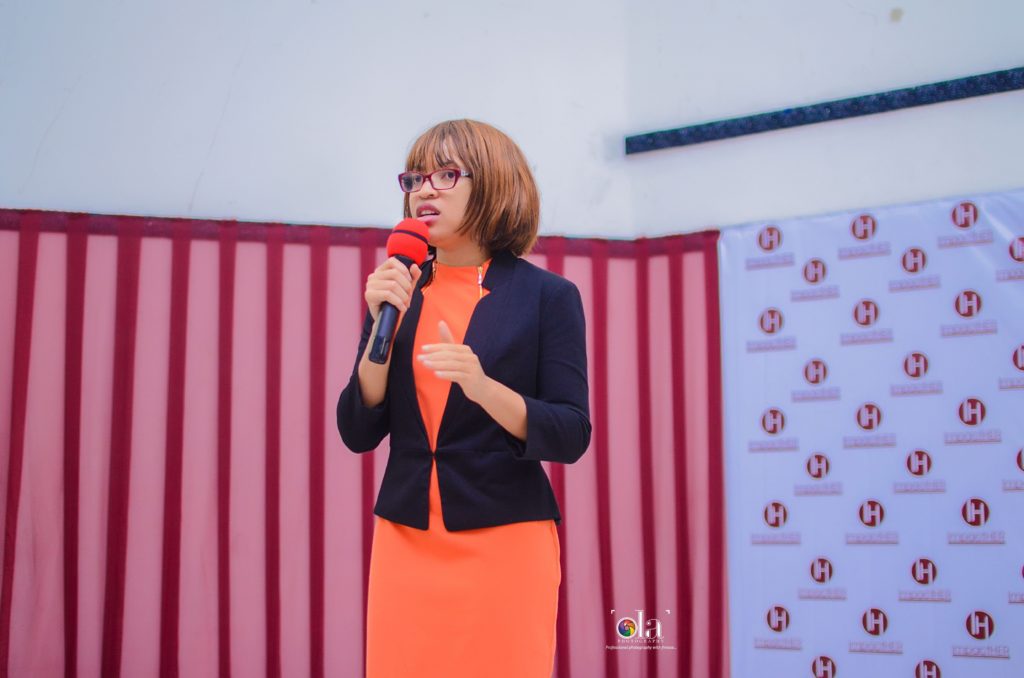
ImpactHER initially focused on providing women with training on how to grow their businesses and position for investors until they discovered a pertinent area rife with opportunities for scaling: digital skills. Africa faces a huge digital skills gap, which is diluting economic opportunities and development. Current statistics show that 90% of children in Africa leave school without learning any basic digital skills. In addition, there is a 37% gender digital divide in sub-Saharan Africa. For example, women are 45% less likely to be on the internet than men.
In a survey by ImpactHER, a majority of the 3,000+ WSME respondents asserted that they need digital skills training to scale their businesses. ImpactHER, driven by this data, started teaching women digital skills to help them make more sales and profit. ImpactHER is keen on getting more young women to acquire these digital skills. They are going as far as training teachers in public schools who can train their female students. According to Ukala, “This is how it starts, by introducing them to it now so that by the time they’re entrepreneurs, they already will have some level of digital skills.” Some of those skills include Zoom, Excel, social media platforms, social media-related tools, and simple e-commerce (online store creation, website management, website management, and more.
The organisation helps women maximize tech tools and platforms to scale their businesses. For example, the women learn how to use host-paid virtual training classes on platforms like Zoom. “One thing about how we operate,” said Ukala, “is that we don’t just train you, we help you select the one you love and can best work with. There are a lot of digital channels to grow your business, and we ensure that we expose these entrepreneurs to them all. Some entrepreneurs prefer marketing on social media, while others prefer websites. We tailor each digital strategy to the business and teach the entrepreneurs how to maximize the opportunities in the channel.”
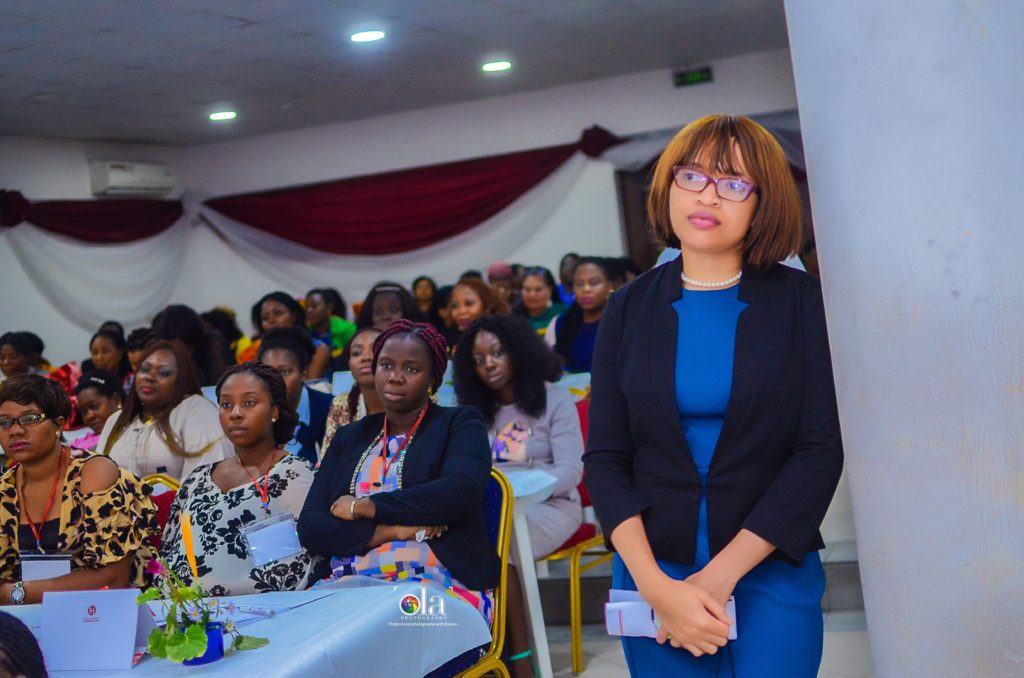
During the COVID lockdown, ImpactHER helped create websites for 571 businesses to help them move their operations online. The organisation has trained over 44,000 women entrepreneurs across 53 African countries to build scalable business models and positions for investors. In July, they were awarded the best women SME support organisation at the African Union Forum in Cairo. They partner with banks and other organisations in Nigeria to provide training to small business owners. They work with AfDB on policy briefings, as well as UN Women. Other organisations they partner with include Google and the African Union.









